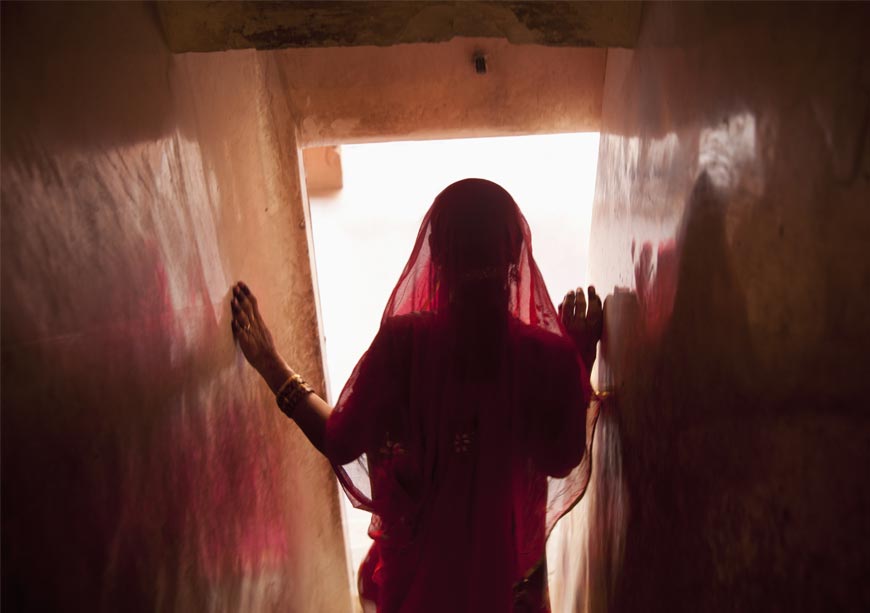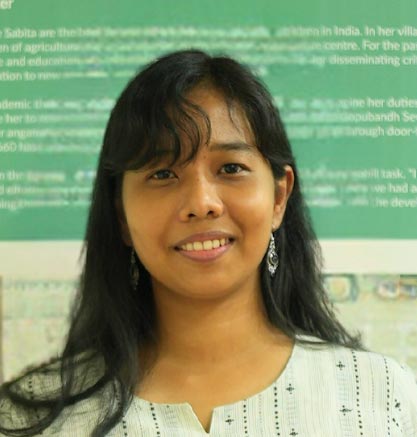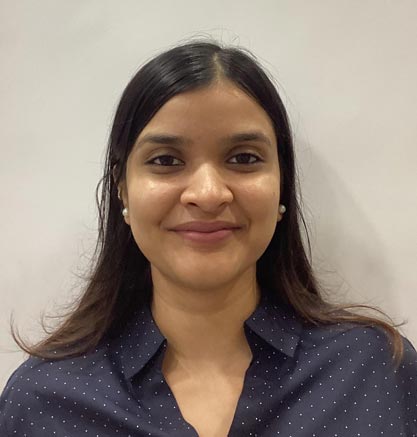-
CENTRES
Progammes & Centres
Location
Transgender individuals and sex workers are highly vulnerable to climate change. Recognising their unique risks and tailoring policies to address their needs is imperative.

Climate change has had catastrophic consequences, but its impact has not been evenly distributed among all social groups. The latest Intergovernmental Panel on Climate Change (IPCC) report highlights the increased vulnerability of already marginalised groups, including those based on factors like gender, ethnicity, low incomes, and informal settlements, to the impacts of climate change.
As extreme weather events, including heat waves and flash floods, become more frequent and intense, the burden falls disproportionately on those struggling to make ends meet. Two such vulnerable social groups are the transgender community and women in sex work. These communities face unique challenges in adapting to climate change-related weather events.
The ordeal of stigmatisation, gender-based violence, and inadequate access to safe spaces and legal protection exacerbate their hardships during climate-related crises.
Transgender individuals and women engaged in sex work face profound challenges due to limited opportunities for stable income. Many transgender people and women resort to begging or sex work as primary sources of livelihood. They are often stationed at traffic signals exposing themselves to gruelling working conditions in harsh sunlight or heavy rainfall without access to basic facilities.
Despite the toll on their mental and physical health, transgenders and sex workers have no choice but to continue working to survive. In India, 68 percent of women sex workers entered the profession ‘voluntarily’, driven by factors such as low household income, followed by the lack of qualification or skill for other employment. Such poor economic conditions exacerbate their vulnerabilities and the inability of these communities to overcome climatic shocks.
A study conducted in Maharashtra, Karnataka, and Tamil Nadu found that nearly 28 percent of sex workers lacked privacy in government health facilities, and 58 percent suffered from health issues such as high blood pressure, diabetes, and thyroid disorders.
The Council on Energy, Environment, and Water (CEEW) identified states like Assam, Andhra Pradesh, Maharashtra, Karnataka, and Bihar as highly vulnerable to extreme climate events. Incidentally, some of these states, like Andhra Pradesh, Maharashtra, and Bihar (following Uttar Pradesh), also have relatively higher populations of transgender individuals, with Andhra Pradesh, Bihar, Karnataka, and Maharashtra also constituting more sex workers. Some may be HIV+, and some may be undergoing hormonal treatments, which can react negatively to extreme temperatures. Even at a socio-cultural level, the specific experiences of these groups with climate change deserve more space in the gendered analysis of climate change.
According to the United Nations (UN), climate change hits the poorest and most vulnerable the hardest, exacerbating existing inequalities. Without targeted policies to reduce their exposure and vulnerability, poverty and inequality will only worsen.
Some ongoing efforts to improve the well-being of these groups include WHO’s development of guidelines to improve the health of trans and gender-diverse people, providing evidence and implementation guidance on health sector interventions. The Global Network of Sex Work Projects (NSWP) highlights effective interventions implemented by sex worker-led organisations to increase access to HIV-specific and other healthcare services, emphasising the importance of coalition building across sectors, including government, law enforcement, and healthcare.
The collaboration between the United Nations Development Programme (UNDP), The Humsafar Trust (HST) and the Centre for Sexuality and Health Research and Policy (C-SHaRP) aims to develop an evidence-based and participatory framework to strengthen social welfare schemes and health programmes for transgender people by incorporating community needs and good practices within India and across the globe.
Despite efforts for legal recognition of marginalised groups, their inclusion in job opportunities, education, healthcare, and social services remains limited due to the lack of inclusive policies, welfare schemes, and community engagement. The SMILE (Support for Marginalised Individuals for Livelihood and Enterprise) scheme aims to provide comprehensive rehabilitation measures for transgender individuals and those engaged in begging. However, when viewed through a climate lens, certain crucial factors have not received sufficient attention, such as the need for gender-confirming sanitation facilities, safe shelters, and counselling on coping mechanisms in the aftermath of natural disasters.
Striving for inclusive development, there is a dire need to create an enabling ecosystem for these communities to thrive.
Adopting a prevention-focused approach, civil society organisations and other actors need to collaborate with governments, other society and community-based organisations, universities, social enterprises, philanthropies, and corporate partners to orchestrate optimal public health policies nationally and globally.
Identifying the root causes for exclusion, strengthening systems to address violence and discrimination, and empowering communities and community health workers will help achieve everyday well-being regardless of identity and social status.
Collective action from different stakeholders like the government, civil society and non-governmental organisations must be prioritised to support the transgender community and women in sex work in adapting to climate change.
Strategies for mitigating and adapting to climate change must consider the unique needs and vulnerabilities of these marginalised groups with respect to their gender, socioeconomic status, and geographic location, emphasising the crucial connections between livelihoods and health.
Inclusive policies and social protection can guarantee their access to social services, employment opportunities, healthcare, and education. In India, The Transgender Persons (Protection of Rights) Act 2019 articulated the rights of transgender people in several sectors, such as education, health, and employment and outlined measures to improve their welfare, but it has made little on-ground impact.
Climate-sensitive features must be integrated into these current policies and programmes for the protection of transgender and women in sex work, especially in the wake of environmental disasters. Policymakers must ensure that the welfare of these groups is considered in climate change policies.
Awareness campaigns can also enhance the protection and empowerment of these populations. In India, some trans climate activists are leading efforts to raise awareness about the impact of climate change on their lives and livelihoods. Similarly, it is imperative that national and local data collection efforts are inclusive and expanded to these groups to identify the differential effects of climate change-related disasters. This inclusivity will enable policymakers, practitioners, and other stakeholders to identify and prioritise appropriate measures and adaptation plans.
Like other marginalised groups, transgender individuals and women in sex work are likely more exposed to the hazards of climate change and more susceptible to climate change effects. Therefore, to effectively pursue climate change measures and support these groups in adapting to climate change, it is essential to recognise them as vulnerable to climate risk and ensure that plans account for the differential impacts of climate-related disasters. This requires inclusive policies, climate-sensitive initiatives, and collaborative efforts with these groups to address the climate-related disparities.
Vandana Sharma is a Senior Associate in the Climate Practice Portfolio in The Catalyst Group.
Rishika Bairolia holds a Master’s degree in Social Entrepreneurship from the Tata Institute of Social Sciences, Mumbai.
The views expressed above belong to the author(s). ORF research and analyses now available on Telegram! Click here to access our curated content — blogs, longforms and interviews.

Vandana Sharma is a Senior Associate in the Climate Practice Portfolio in The Catalyst Group. ...
Read More +
Rishika Bairolia holds a Master’s degree in Social Entrepreneurship from the Tata Institute of Social Sciences, Mumbai. ...
Read More +